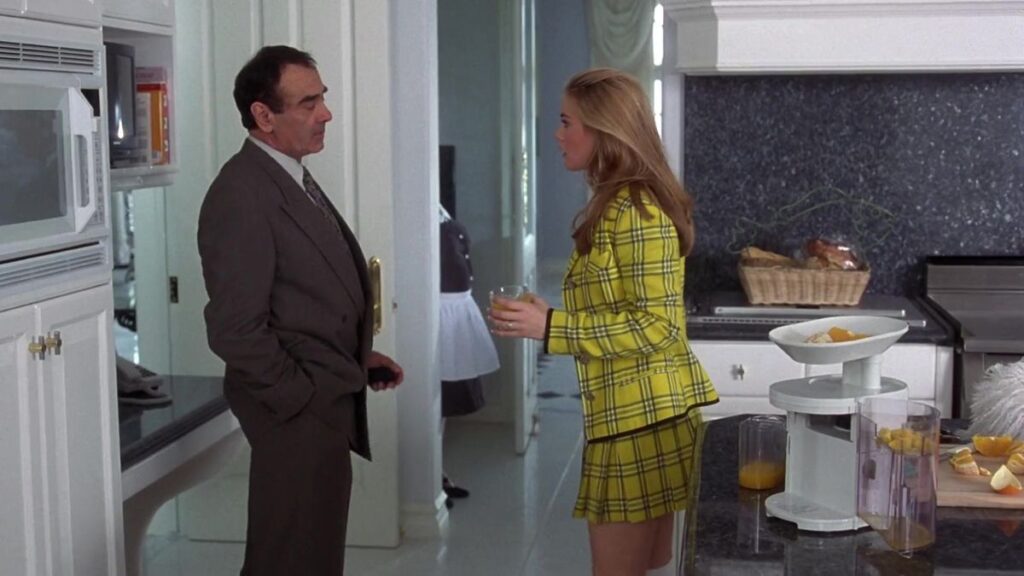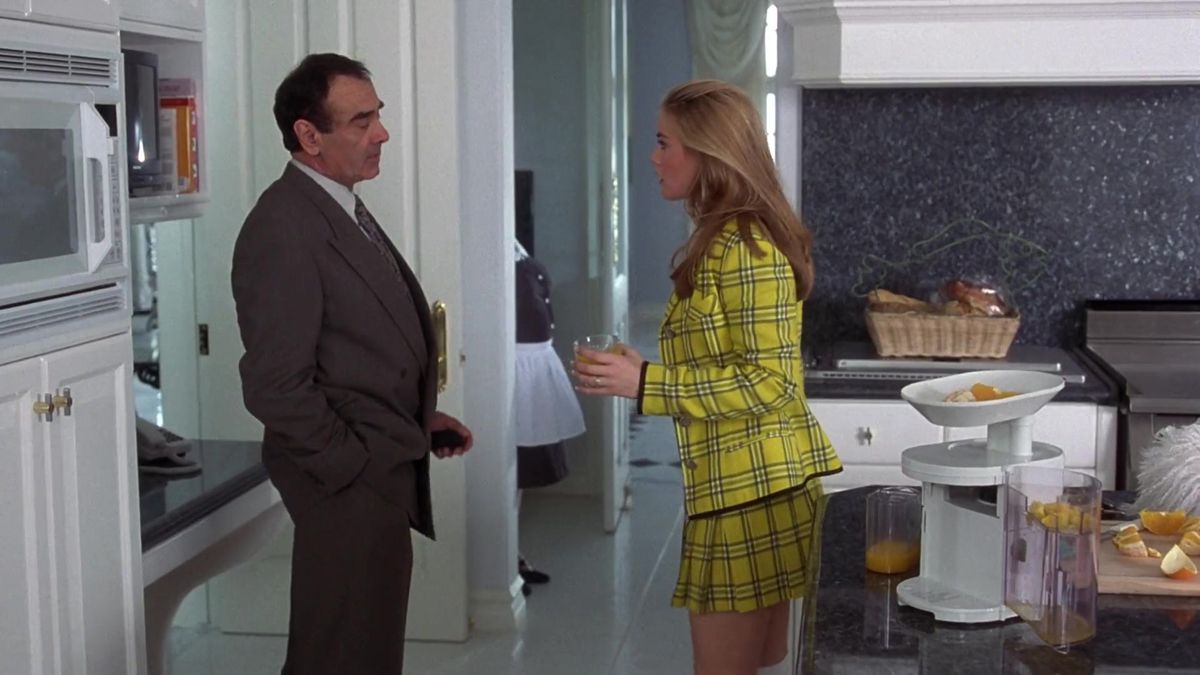
Navigating Fatherhood: Decoding the Clueless Dad Stereotype
The “clueless dad” is a pervasive trope in modern media. From sitcoms to commercials, fathers are often portrayed as inept, bumbling figures struggling with basic parenting tasks. But how much of this stereotype reflects reality, and what impact does it have on fathers and families? This article delves into the “clueless dad” phenomenon, exploring its origins, its effects, and how fathers can actively challenge this outdated representation. We will examine the societal pressures, the changing roles of parents, and strategies for men to become more engaged and confident in their roles as fathers. Understanding the nuances of the clueless dad stereotype is crucial for fostering a more equitable and supportive environment for all parents. The modern family dynamic is evolving, and it’s time we re-evaluate the narrative surrounding fatherhood and move beyond the limiting caricature of the clueless dad.
The Origin of the Clueless Dad Trope
The stereotype of the clueless dad didn’t emerge in a vacuum. It’s rooted in historical gender roles where men were primarily breadwinners, and women were the primary caregivers. This division of labor created a situation where many fathers had limited exposure to the day-to-day realities of raising children. As women increasingly entered the workforce, these traditional roles began to shift, but the cultural perception of fathers as less competent in childcare persisted. Media representations often amplified this perception, creating a self-perpetuating cycle. Sitcoms, in particular, found humor in depicting fathers struggling with simple tasks like changing diapers or preparing meals, reinforcing the idea that men are inherently less capable parents. [See also: The Evolving Role of Fathers in Modern Families]
The Impact of Media Representation
The constant portrayal of clueless dads in media can have several negative consequences. First, it can lower expectations for fathers, both from themselves and from others. If society expects men to be inept at parenting, they may be less likely to take on responsibilities or seek out opportunities to improve their skills. Second, it can create a sense of inadequacy and discouragement for fathers who are genuinely trying to be involved. The stereotype can make them feel like they are constantly failing, even when they are doing their best. Third, it can perpetuate harmful gender stereotypes that limit both men and women. By portraying men as incapable caregivers, it reinforces the idea that women are naturally better suited for parenting, which can contribute to unequal division of labor within families.
Challenging the Clueless Dad Stereotype
Fortunately, there is a growing movement to challenge the clueless dad stereotype and promote a more positive and realistic view of fatherhood. This movement involves fathers themselves, as well as advocacy groups, researchers, and media creators who are working to change the narrative around fatherhood. One key aspect of this effort is encouraging fathers to become more involved in their children’s lives from an early age. This can involve taking on more childcare responsibilities, attending parenting classes, and actively participating in family activities. Another important aspect is creating more positive and realistic representations of fathers in media. This means showing fathers who are competent, caring, and engaged in their children’s lives, rather than relying on tired stereotypes.
Practical Steps for Fathers to Become More Involved
Becoming a more involved and confident father is a journey that requires effort and commitment. Here are some practical steps that fathers can take:
- Communicate with your partner: Open and honest communication is essential for navigating the challenges of parenting. Talk to your partner about your roles, responsibilities, and expectations.
- Take on childcare responsibilities: Don’t wait to be asked. Volunteer to change diapers, prepare meals, give baths, and put the kids to bed. The more you do, the more comfortable you will become.
- Attend parenting classes: Parenting classes can provide valuable information and support. Look for classes that are specifically designed for fathers or that focus on topics that are relevant to your needs.
- Read books and articles about parenting: There is a wealth of information available on parenting. Read books and articles that offer practical advice and insights into child development.
- Join a fathers’ group: Connecting with other fathers can provide a sense of community and support. Share your experiences, ask questions, and learn from others.
- Be present and engaged: When you are with your children, be fully present and engaged. Put away your phone, turn off the TV, and focus on spending quality time with them.
The Benefits of Involved Fatherhood
Involved fatherhood benefits not only fathers themselves but also children and families as a whole. Studies have shown that children with involved fathers tend to have better academic outcomes, fewer behavioral problems, and higher self-esteem. They are also more likely to have positive relationships with their peers and to be successful in their future careers. For fathers, being involved in their children’s lives can lead to a greater sense of purpose, fulfillment, and connection. It can also strengthen their relationships with their partners and create a more harmonious family environment. The clueless dad stereotype undermines these benefits by discouraging fathers from actively participating in their children’s lives.
Challenging Societal Expectations
One of the biggest obstacles to involved fatherhood is societal expectations. Men are often pressured to prioritize their careers over their families, and they may face criticism or ridicule for taking on childcare responsibilities. It is important for fathers to challenge these expectations and to prioritize their families. This may mean making difficult choices, such as taking a less demanding job or reducing their work hours. It may also mean standing up to those who criticize their choices and advocating for policies that support working families. The idea of the clueless dad needs to be actively dismantled through visible examples of engaged and competent fathers. Men need to see other men successfully navigating fatherhood to feel empowered to do the same.
Moving Beyond the Clueless Dad: A Call to Action
The stereotype of the clueless dad is outdated, harmful, and inaccurate. It’s time to move beyond this caricature and embrace a more positive and realistic view of fatherhood. This requires a collective effort from fathers, mothers, media creators, and society as a whole. Fathers need to step up and take on more childcare responsibilities. Mothers need to support and encourage their partners. Media creators need to portray fathers in a more positive and realistic light. And society needs to create a more supportive and equitable environment for all parents. Let’s work together to dismantle the clueless dad stereotype and create a world where all fathers feel empowered to be involved, engaged, and confident in their roles as parents. This also means acknowledging that men learn differently and may need specific resources tailored to their learning styles. Providing accessible, practical guides and mentorship opportunities can greatly assist fathers in developing their parenting skills. The notion of the clueless dad is a disservice to the many dedicated and loving fathers who are actively involved in their children’s lives. We must champion their efforts and create a culture that celebrates engaged fatherhood.
Ultimately, the goal is to create a society where the “clueless dad” is a relic of the past, replaced by a reality where fathers are seen as equally capable and essential partners in raising the next generation. By actively challenging the stereotype and promoting positive representations of fatherhood, we can create a more equitable and supportive environment for all families.
The clueless dad image is harmful. Reject it.
Conclusion
The “clueless dad” stereotype is a damaging and outdated trope that needs to be actively challenged. By understanding its origins, its effects, and the steps that fathers can take to become more involved, we can move towards a more equitable and supportive environment for all parents. Let’s work together to dismantle this harmful stereotype and create a world where all fathers feel empowered to be the best parents they can be. The evolving family dynamic requires a shift in perception, celebrating involved fatherhood and providing the necessary resources for men to thrive in their roles as parents. Let’s retire the clueless dad for good.

